Your child’s cognitive development starts even before he was born. In your womb, he is already able to hear your voice and can even identify it after he is born. His brain is always processing what goes on inside and outside the womb. Once out of the womb, his mind is always active, taking in new information and trying to understand his environment through his five senses. The first few years of his life are therefore especially important as you try to satisfy his curiosity and help him to build on his knowledge, setting the foundation for his future learning.
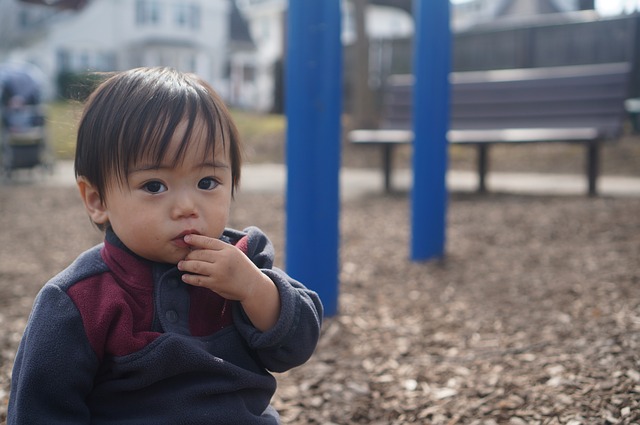
Jean Piaget was one theorist who strongly believed that young children should be constructing their own knowledge and that they are “little scientists”. In order for young children to learn and retain knowledge, they need to be engaged in real-life experiences. As much as possible, you should help your child relate to what they have learned in books to real-life experiences. This can make learning more concrete, and help them to absorb the information better. These include being outdoors to learn about the weather, taking on trips to the zoo and bird park to learn about animals, and experiencing things with their own hands.
Many also believe that the window for learning is between the ages of 0 – 6 years old. This is the period of time where children’s brains are thought to be like “sponges”, soaking up and taking in information very quickly. It is therefore important that you make use of this important period for your child to learn all that he can. Do not overload the child, but allow him to enjoy the learning process.
In the first 3 years of the child’s life, talk, sing and read with your child. This will form his foundation for language development. By 3, your toddler’s brain can be twice as active as an adult’s brain and that is when he will start to ask plenty of questions which stems from his curiosity. Answer these questions, and help your child to find ways to answer these questions. Only then will your child be able to continuously grow and develop himself cognitively.
In the area of cognitive development, it may be tricky to know if your child has any special needs, as it takes plenty of observation. Some special needs like dyslexia may go unnoticed, and that can frustrate the child a lot if he constantly faces challenges in his learning. Observe your child as he reads, and if your child has problems trying to identify words, and make mistakes such as reading b as d, and p as q, it may be necessary to send him for an assessment. With early intervention, your child will have a greater chance of success and in cultivating a positive attitude towards learning as he grows up.
| Age of child | What can he do? |
| 2 years old | Your child may be able to imitate the actions of people around him. He may also respond to certain words and commands. |
| 3 years old | He may be able to recognize himself in the mirror and be able to identify between self and others. |
| 4 years old | He could be able to recall past events and retell them. He would also be able to draw pictures and explain about what is in it. |
| 5 years old | He may be able to rote count to ten and knows the street name of his place. He could also know about landmarks around his place and can describe the neighbourhood. |
| 6 years old | He may retell stories that had been told to him and can sort objects according to one characteristic. |
Note: Developmental milestones act as a guideline for parents and early childhood professionals to gauge children’s growth at different ages. These milestones should be followed with care, as they may vary according to each child’s culture, abilities and exposure. Children may sometimes take a longer time to reach certain milestones, as they require more time to refine their current skills. However, if a child seems to be lacking in several areas and parents do notice that the child is facing difficulties in several aspects, it may be beneficial if a pediatrician or professional’s advice is sought.
Written by Pei Lin.
If you find this article useful, do click Like and Share at the bottom of the post, thank you.
Like what you see here? Get parenting tips and stories straight to your inbox! Join our mailing list here.







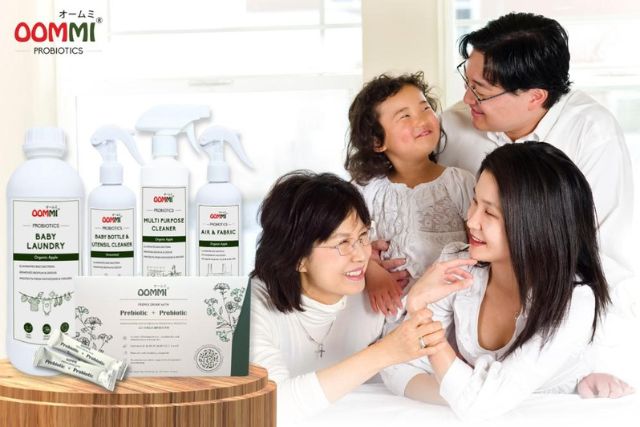
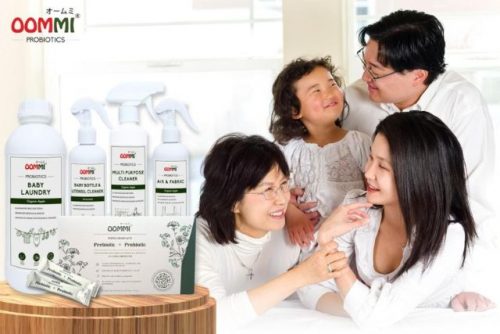

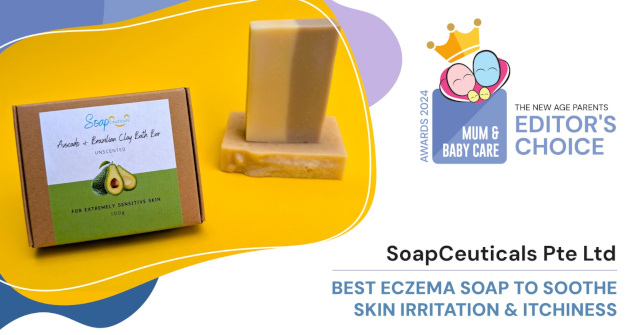

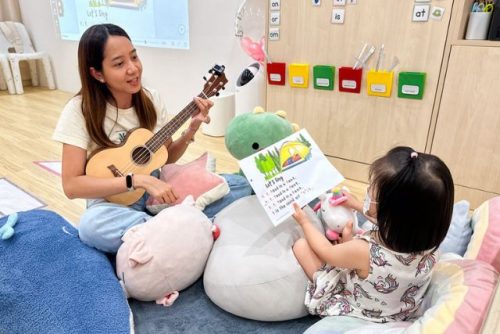

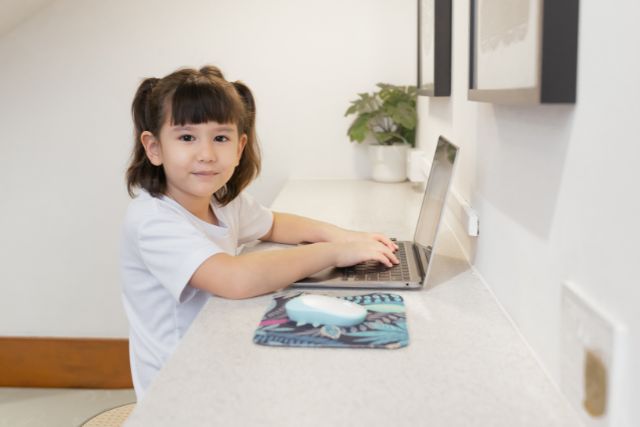
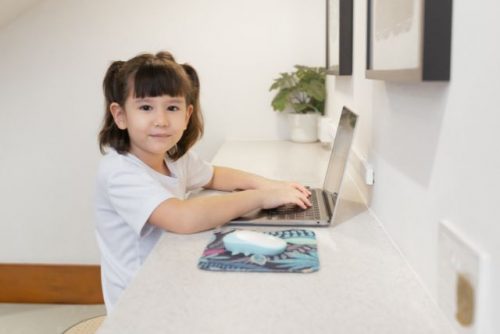
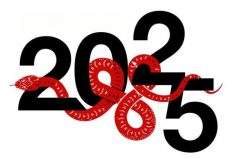
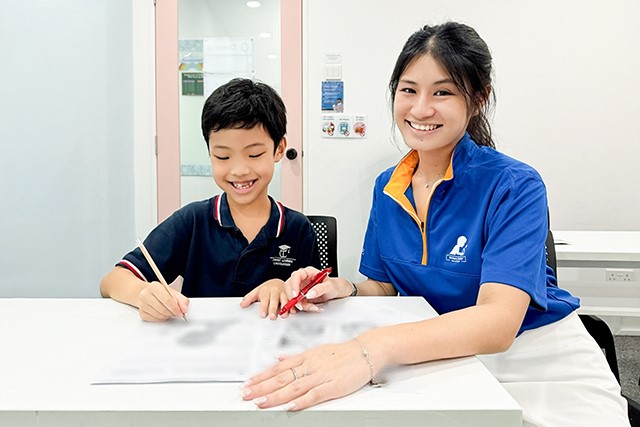
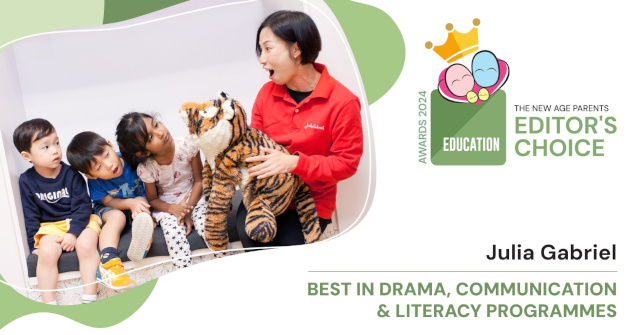


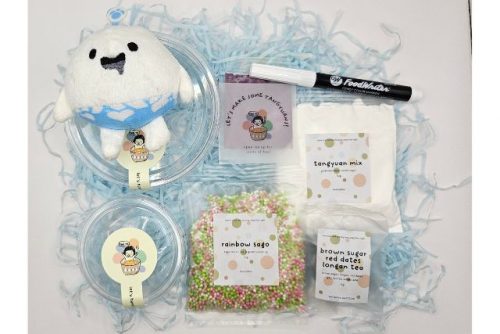





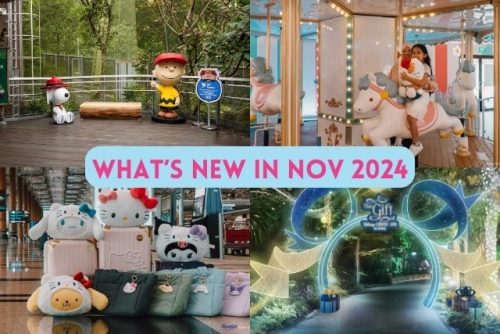








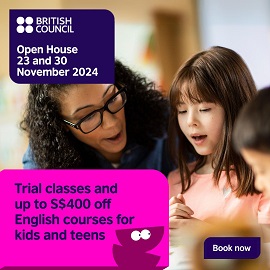
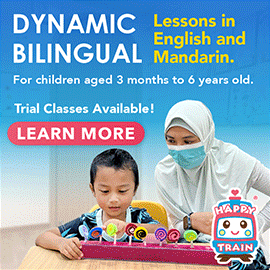

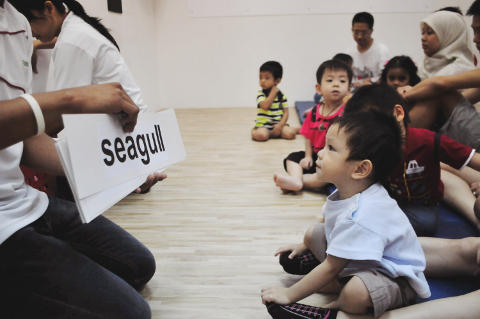
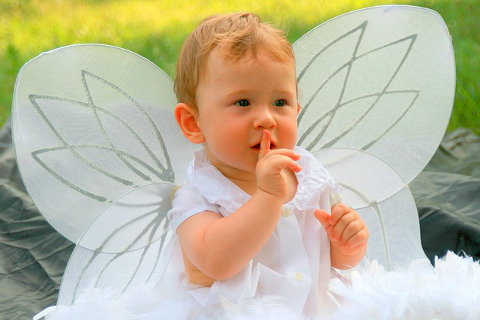
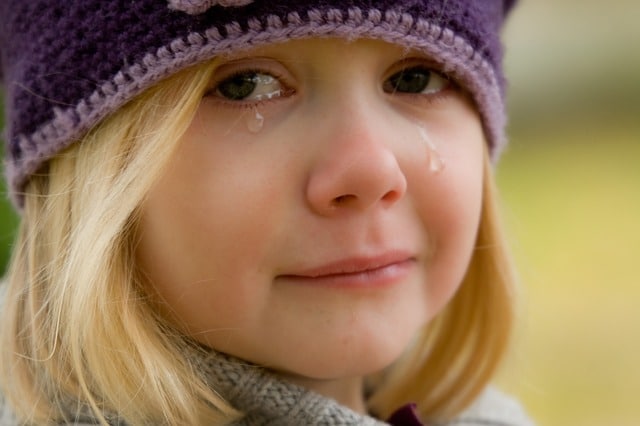
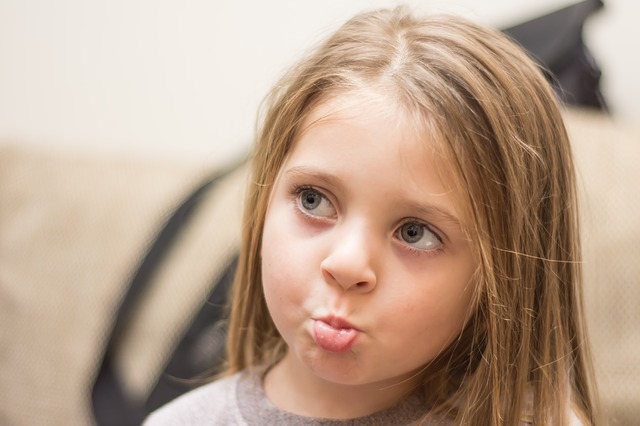
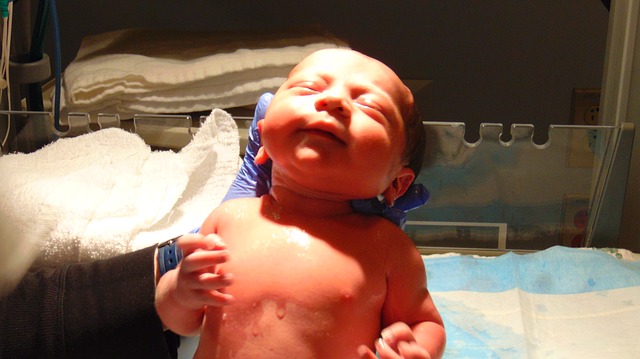
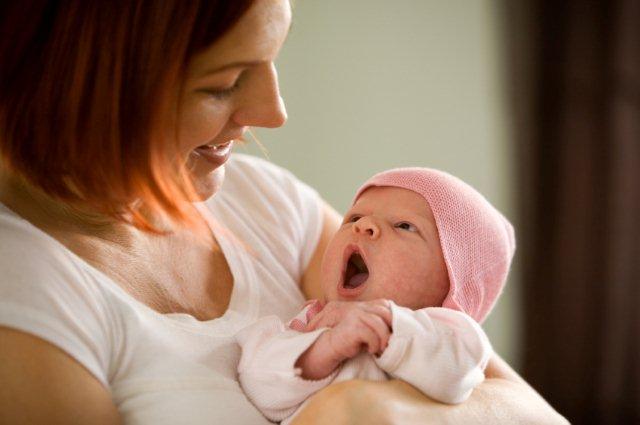




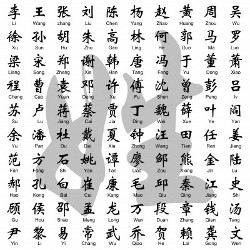










Leave a Comment: